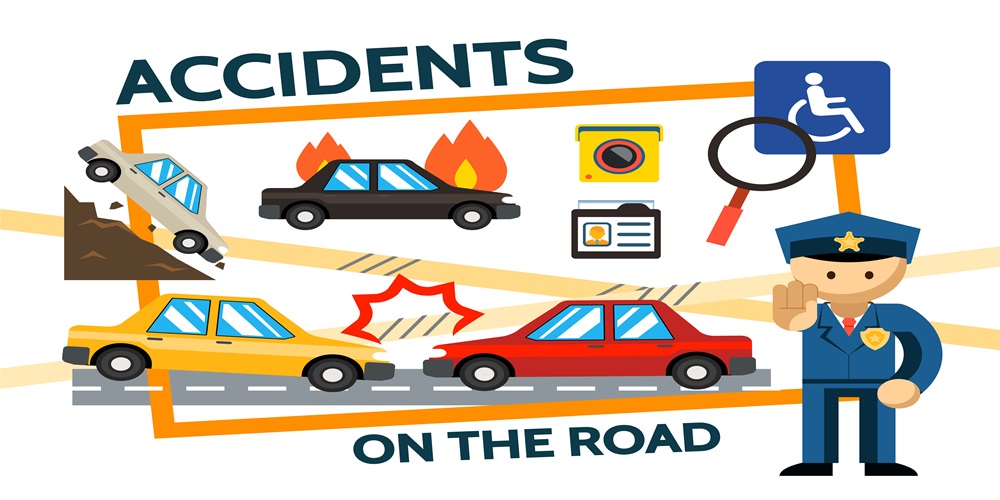4 Most Common Scenarios Involving Your Right Against Self-incrimination
The right against self-incrimination is a useful, lawful idea that hinders people from being convinced to provide truth or proof that could link them to a violation. This right, included in the U.S. Constitution’s Fifth Amendment, safeguards against aggressive questioning procedures and ensures a fair legal process. However, understanding the details of this right and its instances is essential for individuals to protect their interests effectively.

Law enforcement questioning and interrogation
One of the most common events involving the right against confession arises during police questioning and probing. When approached by police officials for examination, individuals can invoke their Fifth Amendment protection and decline to answer questions that could link them.
This scenario is often encountered in cases of suspected criminal activity, where criminal defense experts in London advise their clients to exercise caution and consult legal counsel before making any statements.
Court proceedings and testimony
Another case where the right against self-blame takes over is during court rulings and testimony. Individuals asked to testify in valid proceedings can refuse to answer questions or provide information that could expose them to criminal accusations.
This protection stretches to the accused and witnesses who may be linked to criminal activities through their testimony. Exploring legal matters with skilled attorneys is crucial in such cases to safeguard one’s rights.
Financial and tax-related investigations
The right against self-incrimination is not bound to traditional violation cases. It also applies to financial and tax-related matters. Here, individuals may be convinced to provide information that could link them to tax evasion or other financial wrongs. In these events, top fraud solicitors play a vital role in advising clients on the appropriate action and ensuring their rights are protected.
Regulatory and administrative proceedings
While the right against confession is mainly linked to violation proceedings, it also extends to regulatory and leadership proceedings where individuals could face potential criminal accusations.
This can include inquiries by government agencies, expert licensing boards, or other control bodies. Complications of criminal law often germinate in these events. It highlights the importance of seeking professional guidance to cruise the intertwined link between administrative and criminal proceedings.
Regardless of the specific violation, knowing that the right against self-blame is not absolute and may be subject to certain limitations and exceptions is crucial. For instance, individuals may be compelled to provide limited testimony or documentation under specific circumstances, such as when granted immunity or when the information sought is not directly incriminating.
Closing words
The right against coming clean is a pivotal lawful protection that safeguards individuals from being forced to provide proof that could link them to criminal proceedings.
By understanding the common instances where this right applies, individuals can better protect their interests and ensure a fair, valid process. However, facing the complexities of this right often requires the guidance of experienced legal professionals who can provide advice based on each case’s circumstances.
If you find yourself in a situation where your right against self-blame may be at risk, it is crucial to seek quick legal help. Share with a reputable criminal defense attorney or solicitor who can evaluate your case, advise you on your rights, and develop an effective strategy to protect your needs throughout the legal process.






